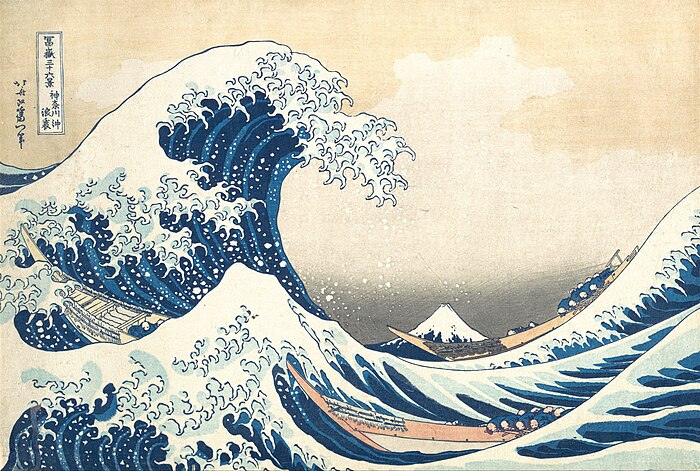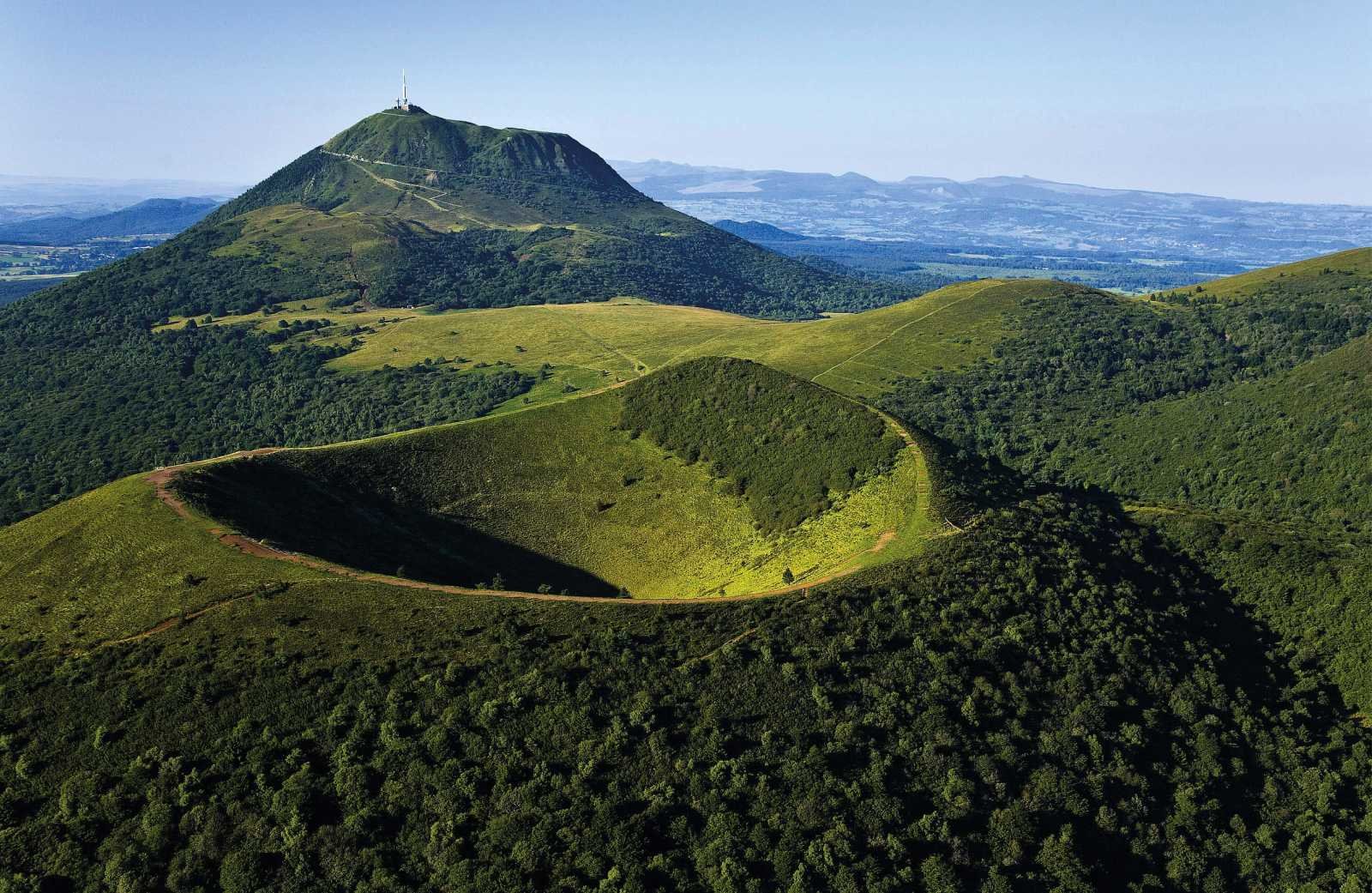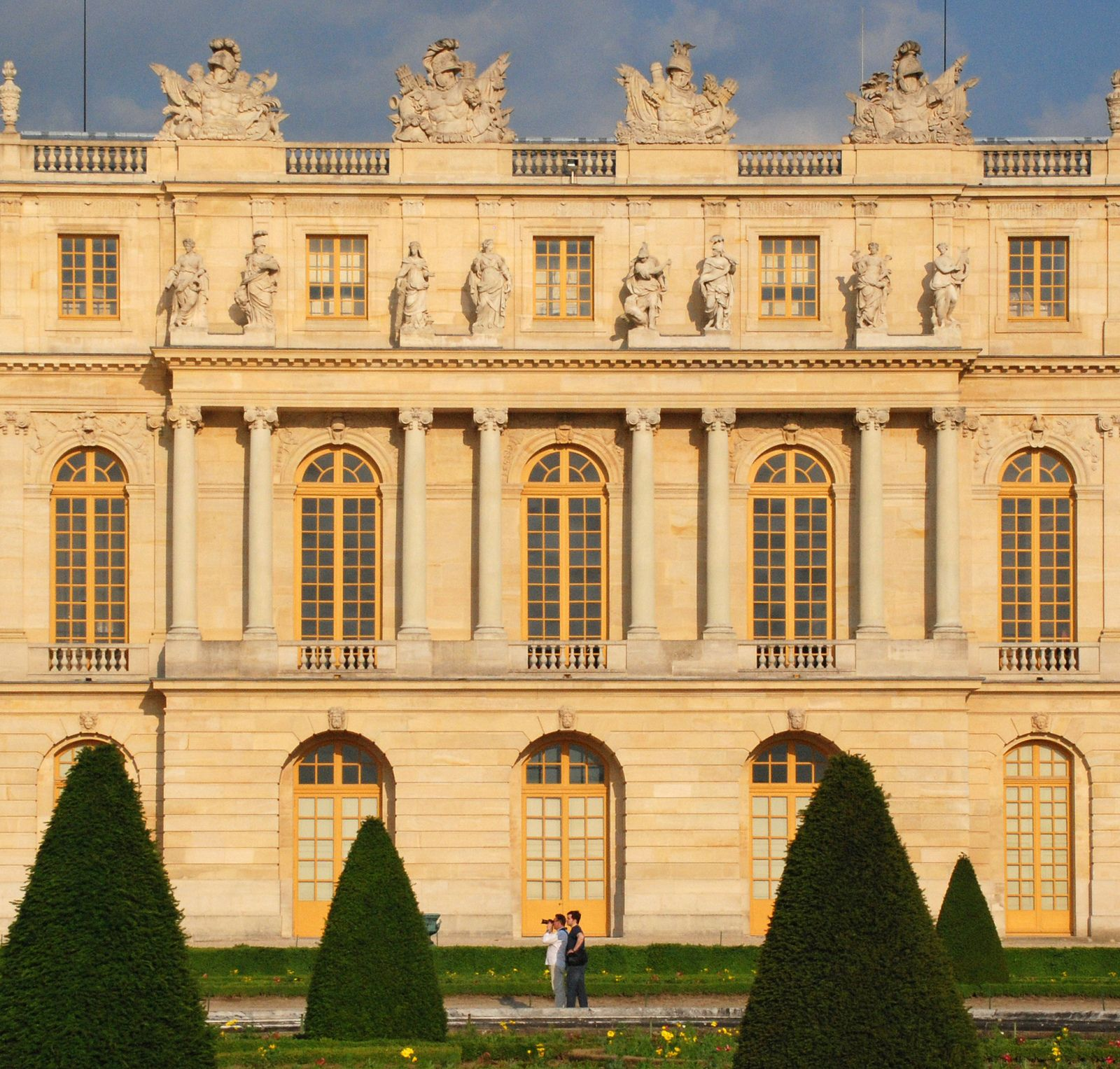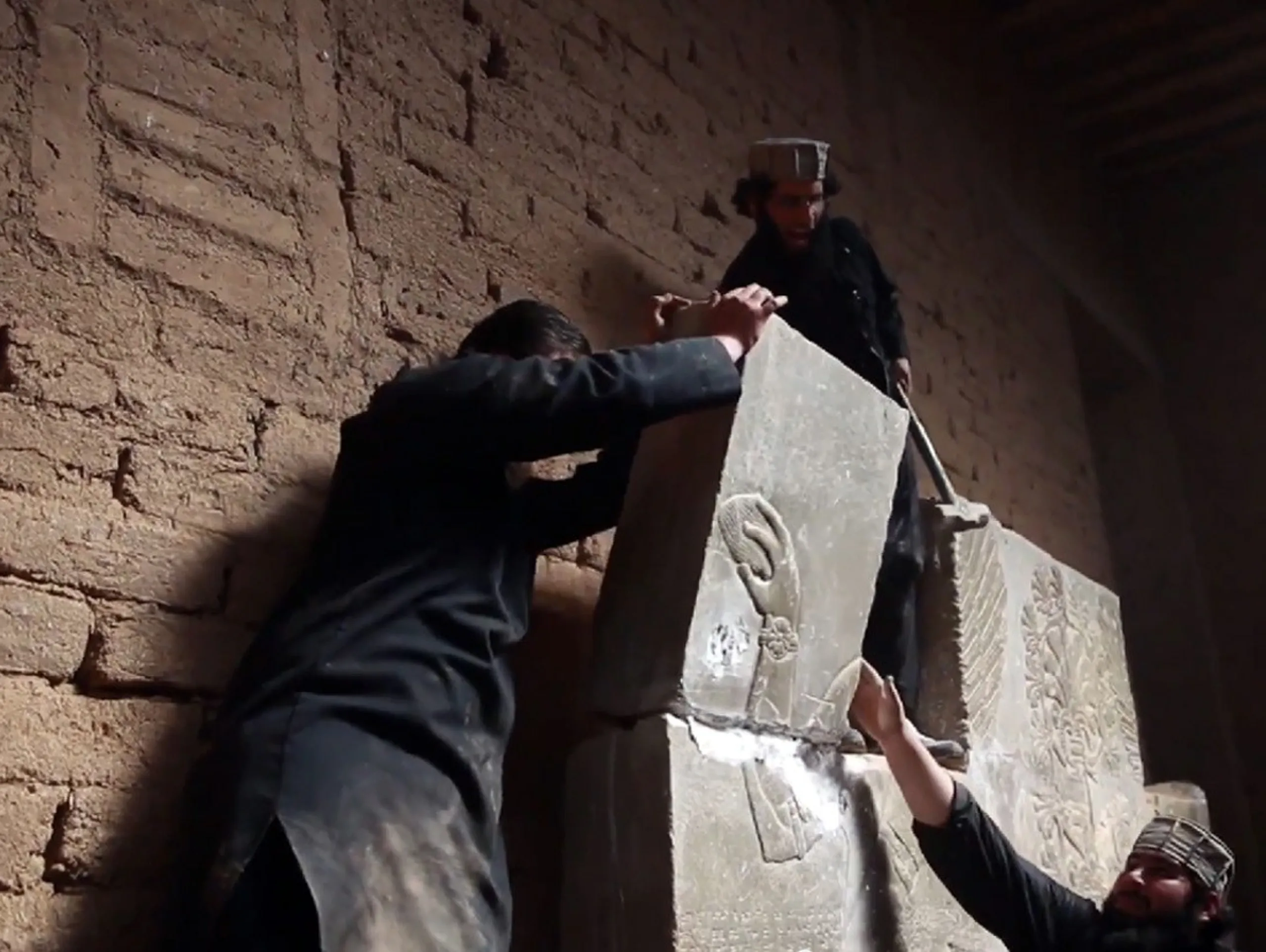World News
A community for discussing events around the World
Rules:
-
Rule 1: posts have the following requirements:
- Post news articles only
- Video links are NOT articles and will be removed.
- Title must match the article headline
- Not United States Internal News
- Recent (Past 30 Days)
- Screenshots/links to other social media sites (Twitter/X/Facebook/Youtube/reddit, etc.) are explicitly forbidden, as are link shorteners.
-
Rule 2: Do not copy the entire article into your post. The key points in 1-2 paragraphs is allowed (even encouraged!), but large segments of articles posted in the body will result in the post being removed. If you have to stop and think "Is this fair use?", it probably isn't. Archive links, especially the ones created on link submission, are absolutely allowed but those that avoid paywalls are not.
-
Rule 3: Opinions articles, or Articles based on misinformation/propaganda may be removed. Sources that have a Low or Very Low factual reporting rating or MBFC Credibility Rating may be removed.
-
Rule 4: Posts or comments that are homophobic, transphobic, racist, sexist, anti-religious, or ableist will be removed. “Ironic” prejudice is just prejudiced.
-
Posts and comments must abide by the lemmy.world terms of service UPDATED AS OF 10/19
-
Rule 5: Keep it civil. It's OK to say the subject of an article is behaving like a (pejorative, pejorative). It's NOT OK to say another USER is (pejorative). Strong language is fine, just not directed at other members. Engage in good-faith and with respect! This includes accusing another user of being a bot or paid actor. Trolling is uncivil and is grounds for removal and/or a community ban.
Similarly, if you see posts along these lines, do not engage. Report them, block them, and live a happier life than they do. We see too many slapfights that boil down to "Mom! He's bugging me!" and "I'm not touching you!" Going forward, slapfights will result in removed comments and temp bans to cool off.
-
Rule 6: Memes, spam, other low effort posting, reposts, misinformation, advocating violence, off-topic, trolling, offensive, regarding the moderators or meta in content may be removed at any time.
-
Rule 7: We didn't USED to need a rule about how many posts one could make in a day, then someone posted NINETEEN articles in a single day. Not comments, FULL ARTICLES. If you're posting more than say, 10 or so, consider going outside and touching grass. We reserve the right to limit over-posting so a single user does not dominate the front page.
We ask that the users report any comment or post that violate the rules, to use critical thinking when reading, posting or commenting. Users that post off-topic spam, advocate violence, have multiple comments or posts removed, weaponize reports or violate the code of conduct will be banned.
All posts and comments will be reviewed on a case-by-case basis. This means that some content that violates the rules may be allowed, while other content that does not violate the rules may be removed. The moderators retain the right to remove any content and ban users.
Lemmy World Partners
News !news@lemmy.world
Politics !politics@lemmy.world
World Politics !globalpolitics@lemmy.world
Recommendations
For Firefox users, there is media bias / propaganda / fact check plugin.
https://addons.mozilla.org/en-US/firefox/addon/media-bias-fact-check/
- Consider including the article’s mediabiasfactcheck.com/ link
view the rest of the comments
One of the foundation of culture is transforming the land, starting from agriculture. The way the natural land was shaped by the people living on is a first marker of culture. Then comes the art and the buildings, in Europe we have a very dense network of historical remains spanning thousands of years, from cave paintings to modern art museums. If you have ever seen with your own eyes or touched with your own hands a famous remain of your place, you know the emotion is not quite the same as seeing it on the internet. It creates a feeling of belonging to a line of people who have created things bigger than them, and you reach a better understanding of how everything that allows your life today was progressively developed. It makes you want to protect this inheritance for others to access the same knowledge and emotions, and it may motivate you to produce something that could reach a similar value.
Land inspire artists and creators in general. The most evident example is how Mount Fuji inspired the creation of an insane quantity of art in Japan, such as the Thirty-six Views of Mount Fuji by Hokusai. The famous Great Wave off Kanagawa from this series, which is actually about the Mount Fuji, had a massive impact on the world culture.

Similarly, post-impressionist painter Paul Cézanne painted multiple views of mount Sainte-Victoire https://drawpaintacademy.com/mont-sainte-victoire/

The end of 19th century classical guitar piece Recuerdos de la Alhambra written by Spanish composer Francisco Tárrega is an interesting example. It was inspired by the Alhambra palace in Spain, which was built during the 13th century by the Emirates who conquered Spain during the previous centuries. Nonetheless, it became part of the Spanish culture and inspired new art pieces.
https://www.youtube.com/watch?v=fwjX-m4LkYk
To get back to the mountains, but with a historical scientific experiment this time (science is part of culture). Blaise Pascal did a historical experiment in 1648 at the Puy-de-Dôme (volcanic mountain in the middle of France) in order to test the "weight of air" that later led to the understanding of atmospheric pressure (immortalized by the Pascal unit of measurement). This would not have been possible in Holland (because it's flat). https://backreaction.blogspot.com/2007/11/blaise-pascal-florin-p-and-puy-de-d.html

There are countless examples of how ancient Greece and Rome inspired arts and architecture at different centuries: 16th century St. Peter's basilica, 17th century Versailles palace or Neoclassicism art in the 18th and 19th centuries.

There are many other examples about rivers, lakes, seas, cities etc...
That is to say, the land and how it is transformed and built are major sources of culture. If you take the same people but magically modify their history, so they lived on a different land, you will have a different culture. Probably not worse nor better, but different, because the land inspires the culture.
If your people are not living on its history soaked land anymore, you lose those major culture nutriments. I'm not saying people cannot carry part of their culture with them, nor that culture cannot reinvent itself and be inspired by different origins, but you have more chances to dilute or lose culturally important works of the past if they are not set in stone. Stones that you can access.
It may even get physically destroyed and erased, like what ISIL terrorists did of the ancient temples in Iraq and Syria. To be fair, it also happens from "democratic" movements, such as how the French Revolution destroyed many pieces of arts because it represented the Nobility and the Church. https://www.nytimes.com/1977/05/04/archives/notre-dame-statuary-lost-in-1793-unearthed-in-paris.html

https://eu.usatoday.com/story/news/world/2015/04/12/video-islamic-state-nimrud/25667399/
Given that Putin negates Ukrainian's history and culture as a justification to invade it, we can expect that he would continue on his pathway of destruction to erase any reminder of it.
https://theconversation.com/we-should-all-be-concerned-that-putin-is-trying-to-destroy-ukrainian-culture-179351
So that's a couple of elements that came to my mind about why defending your land is important for your culture.
This comment was specifically about why land is essential to culture.
About drafting, In other comments, I explained how I think that you have the responsibility to defend the culture that raised you. It's like paying taxes in a social-democracy, you may have become self-sufficient and don't need the social system anymore, but you have the moral responsibility to contribute back (at least through taxes), so the next underprivileged group can benefit from what allowed you to reach this point: public education, medicine, culture, research, other public infrastructure and services, etc.
So defending your people/culture/land is an extension of this thought.
Of course, I wish people would enlist out of free will, but not everyone has high moral standards (imperfect education perhaps), so you need constrains, that's also why laws and enforcement are needed.
To be honest, I had a pacifist period where I would have preferred to run away from any military conflict. But now, I think we can't deal in absolute, we have to work with compromises, in this case, supporting the lesser evil that will reduce the amount of deaths and destruction. I think getting drafted people killed to stop Putin's imperialism is a lesser evil than letting it destroy a democracy and its culture. I believe he will not stop until he has done the same to all the ex-USSR countries, and that stopping him in Ukraine should reduce the amount of destruction.
Here is an alternative Piped link(s): https://piped.video/watch?v=fwjX-m4LkYk
Piped is a privacy-respecting open-source alternative frontend to YouTube.
I'm open-source, check me out at GitHub.